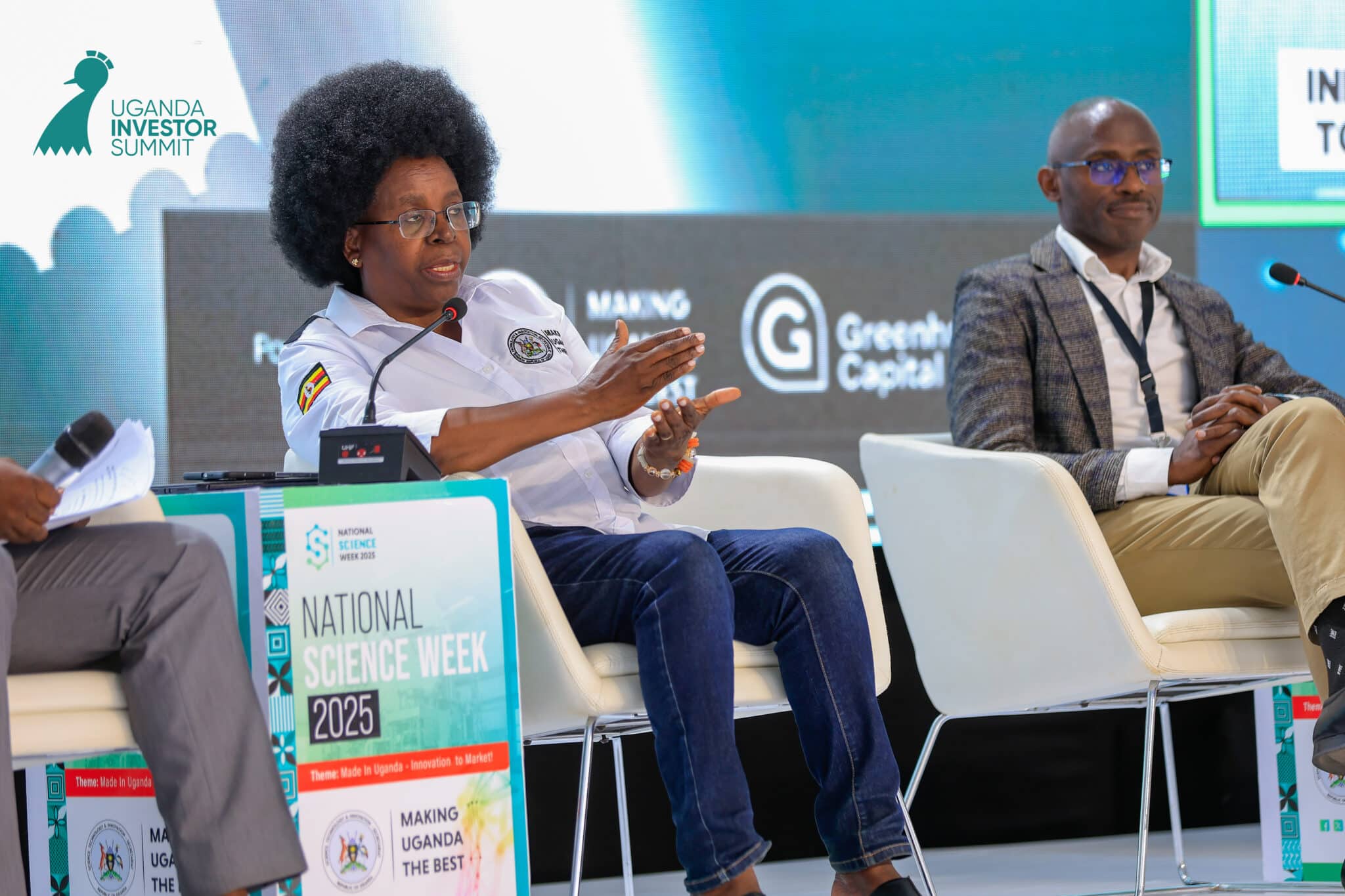The news:
- South Africa’s Information Regulator has launched an investigation into Meta Platforms — the company behind Facebook, Instagram, and WhatsApp — following its refusal to provide crucial information requested by the Campaign for Free Expression (CFE).
- The free-speech advocacy group had invoked the Promotion of Access to Information Act (Paia) to obtain details about Meta’s actions and protocols during South Africa’s general election on May 29, 2024.
On April 3, 2024, CFE filed a request asking Meta to disclose information about the threats it identified during the election, the data it collected, and the measures it took to mitigate misinformation across its platforms.
This request aimed to ensure transparency and assess whether Meta effectively managed the risks associated with the election.
However, Meta denied the request on April 17, 2024, arguing that as a US-based company, it is not subject to South African law, including Paia.
“Meta Inc is a corporation organised and existing under the laws of Delaware in the United States of America and does not have a legal presence in South Africa. Accordingly, Meta Inc is not subject to Paia,” the company noted in a letter by legal firm Bowmans, as seen by TechCentral.
In response, CFE filed a complaint with the Information Regulator to challenge Meta’s refusal.
Anton Harber, Executive Director of CFE, described Meta’s justification as “devoid of any legal merit,” highlighting that the company’s stance undermines the constitutional rights of South African citizens.
Foreign entities like Meta should not be allowed to disregard South African laws, particularly when their services are used within the country, Harber argued.
Despite Meta’s refusal to comply with the Paia request, the US company did make some public disclosures regarding the election.
However, CFE criticised these disclosures, stating they fell short of what was requested and left “serious gaps” in the information provided.
The advocacy group highlighted three critical areas where Meta’s disclosures were insufficient: the company’s risk assessment and mitigation plans, its strategies for protecting journalists from online attacks, and its methods for monitoring its performance during the election.
CFE contends that full transparency in these three areas is essential for public trust and accountability, especially given the widespread use of Meta’s platforms in South Africa.
The Information Regulator is now tasked with determining whether Meta’s refusal to provide the requested information violates South African law and whether the company can be compelled to disclose the records.
The Information Regulator has yet to release a formal statement on the case, but its decision could have far-reaching implications for Meta and its operations in the region.











